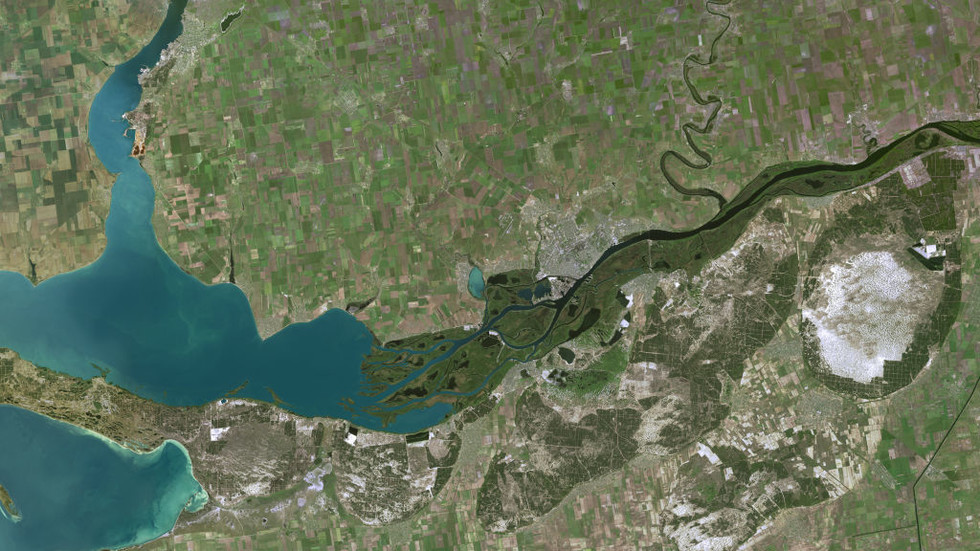Access to the social media platform in the French territory following the violent clashes this week that led to the death of five people.
The French government is facing legal challenges after it blocked social media platform Tiktok in New Caledonia after a wave of violence prompted a state of emergency to be declared.
Violent clashes have raged in the South Pacific archipelago - an overseas part of France - since Monday, leaving five dead and over a hundred injured.
Two police officers were among the fatalities in the worst spate of violence in the territory since 1988.
The suspension of TikTok would be the first time in France and the European Union that an entire social media platform has been shut down by authorities.
French law allows for the government in times of state emergencies to “take any measure to ensure the interruption of any online public communication service that incites or glorifies acts of terrorism,” but critics have voiced their concerns about the move.
Two civil liberties associations, the Ligue des droits de l'Homme and La Quadrature du Net have lodged separate appeals against the decision with the latter calling the shut down “censorship” and a “serious blow to freedom of expression”.
The French government also mentioned the risks posed by disinformation and potential interference “fed by foreign countries,” a spokesperson from the prime minister’s office told French media Numerama.
TikTok said that it was “regrettable” that the decision to block its application was taken “without any request or question, nor any request to remove content, from the local authorities or the French government”.
In a statement, it added that its teams were “monitoring the situation very closely and ensuring that our platform is safe” while remaining at the disposal of the authorities.
A first in an EU country
The French government asked the territory’s network operator to block access to the server addresses leading to the social media on smartphones.
New Caledonia has a very specific legal framework and from a technical point of view, this is possible because a single service is in charge of the territory’s telecoms.
However, this method can be bypassed, for example, by using a VPN.
The French government had already raised the possibility of cutting some social platforms during the summer of 2023 when urban riots occurred in the country but didn’t follow through.
The first clashes in New Caledonia occurred on Monday when a constitutional reform was being debated in the Assemblée National, the French parliament’s lower chamber, to broaden the electorate that is able to vote in provincial elections and referendums.
The reform would include allowing people who have lived in New Caledonia - a region that is debating its future relationship with France - for over 10 years being able to vote.
However, pro-independence leaders fear that this reform will lead to under-representing the Kanaks, the indigenous people, who represent 41 per cent of the territory’s population.
Kanaks generally face lower living standards, higher unemployment, and limited access to quality housing and education compared to the non-Kanak population.
New Caledonia has held three referendums on independence from France, all resulting in a majority voting against it.
The last ballot, held in 2021 during the COVID-19 pandemic, was boycotted by pro-independence groups.

 5 months ago
32
5 months ago
32









